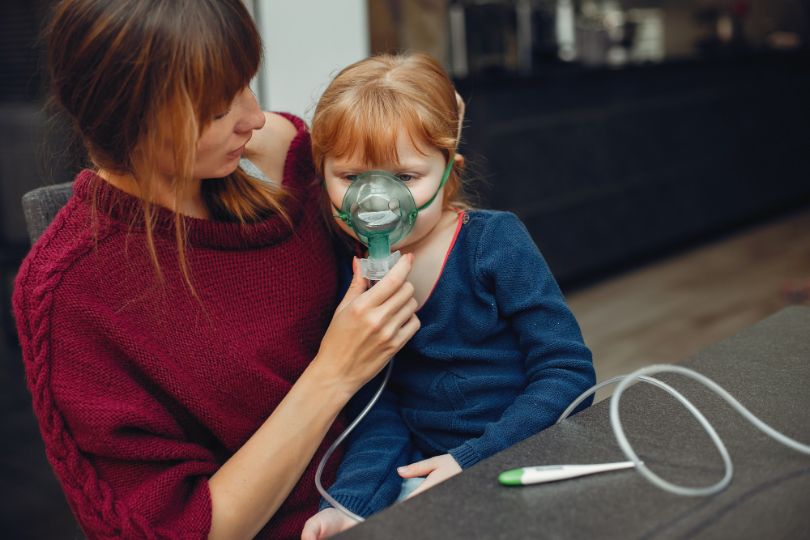Naturally, humans are vulnerable to illnesses, due to their biological structure. The common cold is the most common illness in humans, having been around since the time of man. The cold is medically referred to as an upper respiratory viral infection. There are more than 200 different self-limited contagious viruses that cause the common cold. With so many viruses out there, our human body can never build up a permanent resistance.
How Is the Common Cold Spread?
The National Institute of Allergy and Infectious Diseases (NIAID) stated that children have about six to ten common colds per year while adults have an average of three.
The viruses that carry the cold are very versatile and persistent. One way that colds are spread from human to human is through tiny droplets of mucus in the air that are breathed in which resonate from the nasal passages of infected humans.
Another is by the virus being transferred from a surface onto our mouth, nose, or eyes. The first three days of infection are when the infected person is most contagious, having the highest concentration of cold virus in their sinus cavity.
Common Cold Side Effects
The effects of the cold virus range depending on the severity of the virus and the immune system of the host. A cold can ruin a person’s day for a couple of weeks.
Long-term effects of common cold
Viruses can even lead to complications in the immune system and even mutate and worsen if not treated efficiently. The symptoms include nasal decongestion or drainage, sore throat, sneezing, coughing, light fever, headache, body aches and fatigue.
The effects of the mucus first begin with clear nasal discharge, then progress into a yellowish or greenish color. The immune system weakens and then begins to build immunity to that particular virus.
Common Cold Treatment and Prevention
The matters remaining are the prevention and termination of the common cold. The single best way is to keep your hands and household germ-free.
Keeping a bottle of hand sanitizer (at least 60% alcohol) to use when water is not available to wash our hands before eating or touching our face is a great way to destroy viruses.
Also, covering our mouths and using disposable wipes will prevent the spread of the virus. Maintaining a healthy lifestyle is critical to having a strong immune system which includes good nutrition, sleep, and physical exercise. Stress can easily put one’s body out of homeostasis.
Controlling our mind and body is vital in preventing and fighting a cold. Sometimes additional help is needed to fend off a virus.
This support generally comes as a medication of some sort. During the hardships of a common cold people tend to take nutrients and vitamins. Some natural medications strengthen the immune system like vitamin C, calcium, magnesium, and zinc. Every year, millions of people use over-the-counter products to terminate the common cold. The most effective over-the-counter medication for pain relief is Aspirin, Tylenol, and Advil.
Best Antitussives
The best antitussives, also known as cough suppressants, are Claritin and Allegra. Some prefer nasal decongestant sprays like Sudafed and Dristan. There are several other medication options available with differing effects but one thing remains the same, they cannot work magic.
To overcome a cold you must be patient and get plenty of rest.







